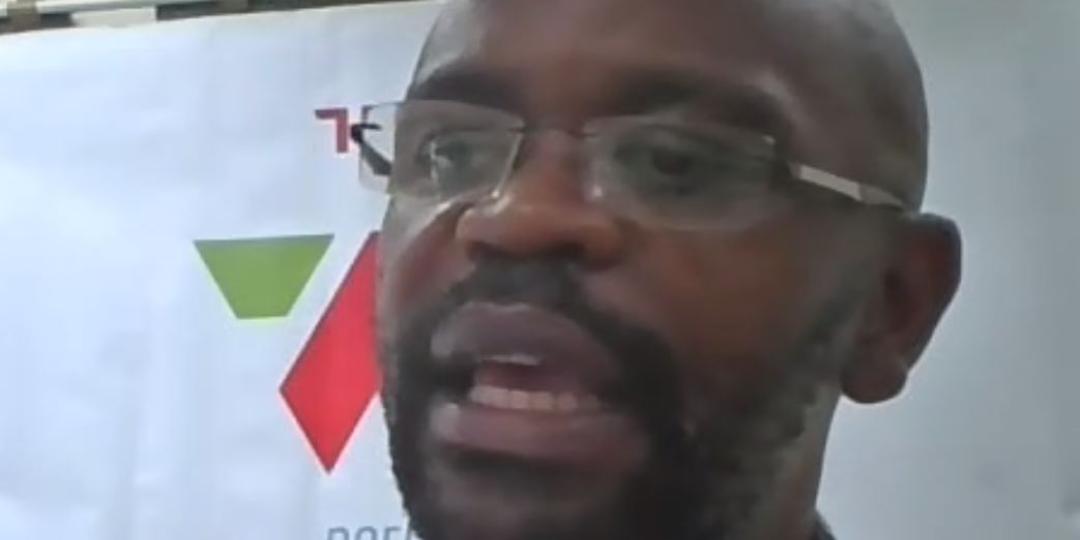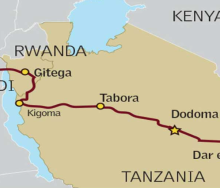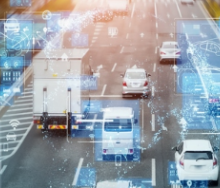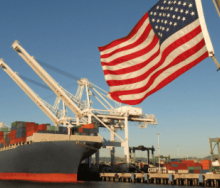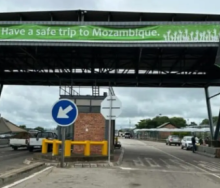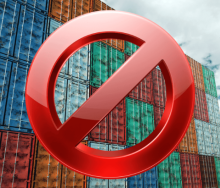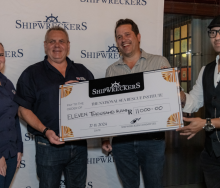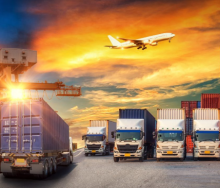Transnet Port Terminals (TPT) is using the challenges of the coronavirus (Covid-19) pandemic as an opportunity to identify challenges that directly affect South Africa’s ports system, TPT general manager for new business development, Siyabulela Mhlaluka, has said.
Speaking during an online Transnet presentation hosted by the Transport Forum, Mhlaluka said containerised cargo and bulk shipments of chrome and manganese had been identified as key areas of crucial freight on which TPT is focusing.
“In addition, we also have to deal with the automotive sector,” Mhlaluka said.
This is despite the National Association of Automobile Manufacturers of SA (Naamsa) reporting earlier this week that the figures for new vehicles sales had plummeted 98.4% (see this report: https://www.freightnews.co.za/article/new-vehicle-sales-crash-through-floor).
Generally speaking, said Mhlaluka, TPT had realised it was important to figure out “how we are going to navigate ourselves during this challenging time.
“Eighty percent of global trade happens through global shipping and our port operations are part of it.”
In an attempt to “shape TPT as a port operator responding to challenges”, Mhlaluka added that they had identified areas deserving of attention – “investing in infrastructure and equipment, and prioritising people”.
Despite the disruption caused by Covid-19 to supply chain services, Mhlaluka stressed that “we have a robust investment plan and it hasn’t been stopped”.
In tandem with the health and hygiene requirements for combatting the virus, Mhlaluka emphasised that TPT “is seeing an opportunity to re-design our business model”.
How that business model will help to relieve congestion and capacity problems experienced at South Africa’s ports, especially in Durban which is fast losing its once-proud stature as Africa’s biggest port, can only be determined once ocean freight volumes start recovering from the disastrous impact of Covid-19.
One shipping director who recently gave the Port of Durban the thumbs up is Glenn Delve of MSC.
Asked whether he’s seeing a change in how the port is functioning, given mounting delays that have caused ships to queue at anchorage while waiting for berthing slots, Delve said he believed authorities were doing what they could under very difficult circumstances to deal with problems like backlogs and improved service delivery.
